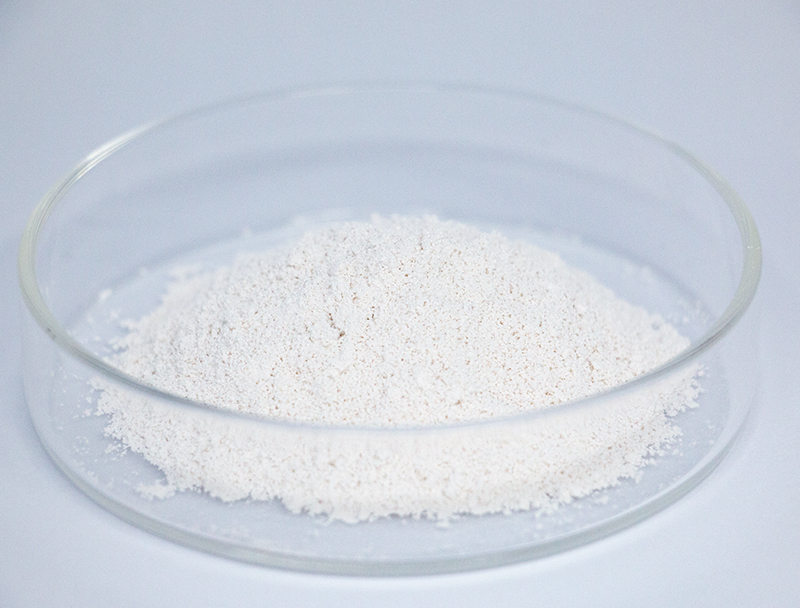
Biomanufacturing relies heavily on a comprehensive selection of biomass sources to yield progressive bio-based commodities.
Maintaining responsible procurement of such inputs is critical to longevity and principled development in the sector.
diverse obstacles inherent in legacy sourcing approaches like ecosystem disruption and unsustainable harvesting. Consequently, biotech firms need proactively to adopt sustainable procurement approaches to reduce environmental impact.
- Representations of ethical supply approaches are:
- Harnessing secondary biomass from farming outputs
- Deploying circular process designs to reduce discard and boost reuse
- Connecting with nearby vendors prioritizing responsible supply
Embracing sustainable procurement produces environmental benefits with profitable potential.
Enhancing Biomass Composition for Superior Biofuel Results
Boosting conversion rates requires high-quality and well-characterized biomass. Experts maintain efforts to discover ways to maximize feedstock value, yielding greater biofuel outputs and greener energy prospects. Tactics include molecular breeding to increase biomass and chemical or physical pretreatments to release sugars.
- Furthermore, teams search for alternative biomass sources including algal strains, industrial wastes, and crop leftovers to broaden sustainable feedstock options for fuels.
- Owing to ongoing work the biofuel domain is primed to reach substantial milestones advancing renewable energy adoption.

Biopharmaceutical Manufacturing: Advancements in Upstream Processing
covers the early phases of biopharma production including culturing and biological harvesting New innovations across this area have produced enhanced manufacturing methods that boost yields.
Salient improvements involve specialized expression hosts, fine-tuned media strategies, and next-gen bioreactor concepts. These innovations not only enhance productivity but also minimize production costs and environmental impact.
- Additionally, a shift to integrated continuous operations is providing enhanced flexibility and responsiveness in production.
- This move toward intelligent production systems is expected to reshape the industry and hasten drug development.

Next-Gen Gene Editing for Enhanced Protein Expression
evolutions in genetic modification techniques have optimized therapeutic biosynthesis. By precisely targeting genes within host organisms, researchers can enhance the yield of valuable therapeutic proteins. This approach holds immense potential for developing more efficient and affordable biopharmaceuticals to address a wide range of diseases.
Microbial Solutions for Greener Bioremediation Practices
cutting-edge microbial approaches that remediate contamination sustainably. Specialized microbes can enzymatically degrade pollutants to reduced-toxicity products.. Utilizing microbial metabolism supports eco-friendly site cleanup methods that limit secondary harm from remediation.. Scientists evaluate varied microbes for potential to remediate metal contaminants, pesticide compounds, and oil-derived pollutants.. These microorganisms can be employed in bioreactors or directly at contaminated sites, promoting the breakdown of pollutants through biodegradation processes..
Employing microbial strategies for remediation provides multiple benefits versus traditional techniques. The approach tends to lower treatment costs and avoids producing toxic residuals. In addition, microbial approaches enable pollutant-specific treatment without broad ecological disruption. Research progresses swiftly to enhance microbial remediation efficiency and practical effectiveness.
Bioinformatics' Impact on Drug Design
Computational biology approaches are becoming vital across contemporary drug R&D. By analyzing biological data to select and improve leads, computational methods support efficient drug development.
- Via examination of genomic, proteomic, and clinical datasets, researchers pinpoint targets and project drug activity.
- Likewise, computational docking and dynamics help design molecules with improved target engagement and potency.
- In conclusion, computational biology reshapes discovery pipelines and speeds delivery of reliable treatments for patients.
Metabolic Engineering Strategies for Enhanced Bioproduct Synthesis
implements many strategies to improve microbial output of desired bioproducts. Approaches may include genome edits to rewire pathways, transcriptional control to tune expression, and heterologous gene insertion to add functions.. Via targeted metabolic optimization researchers can meaningfully escalate production of desired biochemicals.
This multifaceted approach has the potential to revolutionize a broad range of industries, including biopharmaceuticals, agriculture, and bioenergy.

Challenges and Opportunities in Scaling Up Biopharmaceutical Production
Commercializing biopharma production involves significant constraints and promising benefits. Preserving batch-to-batch quality when scaling up is a key challenge. Overcoming this requires advanced process control, continuous monitoring, and sensitive analytical platforms.

Process intricacy spanning various stages creates significant scale-up complexities.. Adapting protocols for industrial scale requires considerable development work and engineering advances.. Yet, the returns can be substantial. Achieved scale can widen availability of treatments, lower manufacturing costs, and boost financial returns.
Multiple programs focus on resolving scale-up difficulties. Initiatives involve optimization platforms, high-resolution analytics for process control, and novel manufacturing frameworks.
- Development efforts are also playing a crucial role in advancing biopharmaceutical production capabilities.
- Regulatory bodies are modernizing pathways to accelerate approval of advanced production technologies and support innovation.
Sialic Acid
Exploring Approval Frameworks for Biopharmaceutical Safety and Effectiveness
Developing biologic treatments requires exacting oversight to ensure consistent safety and efficacy. Biologically derived medicines entail particular manufacturing and regulatory complexities compared with chemical drugs.
Bodies like FDA and EMA shape the regulatory landscape and set benchmarks for evaluating innovative therapies..
Meticulous validation protocols are enforced from preclinical validation to long-term post-market evaluation.. Those requirements help reveal risks and confirm that biologics satisfy stringent safety criteria..
Similarly, regulators iteratively adjust approaches to accommodate emerging biopharmaceutical breakthroughs.. This includes embracing novel technologies and facilitating the development process while maintaining a commitment to patient well-being.

Plant-Derived Inputs for Next-Gen Bioplastics
Heightened demand for sustainable products accelerates efforts to develop renewable material alternatives. Plant-based bioplastics made from biomass feedstocks present a hopeful path to reduced plastic impact. Renewable inputs including cornstarch, cellulosic matter, and sugarcane biomass can be processed into biodegradable plastics that minimize long-term pollution.
Furthermore, these bioplastics often possess comparable properties to their petroleum-based counterparts, making them suitable for a wide range of applications.. Persistent innovation will be key to advancing plant biomass into mainstream bioplastic manufacturing for a circular future.
Biotechnology Driving Advances in Health and Agricultural Stability
Biotechnology offers potent solutions for advancing public health and enhancing food security. Using genome engineering, synthetic biology techniques, and cell-based treatments, innovators devise ways to tackle pathogens, amplify yields, and improve nutrition.. Consider genetically enhanced crops that resist pests and environmental stresses to improve production and reduce pesticide reliance.. Additionally, biotech enables faster vaccine development, novel antimicrobials, and precise diagnostics critical to infectious disease control and health improvement.. Looking forward, continued biotech progress promises to deliver therapies and agricultural solutions that support health and sustainability worldwide.
